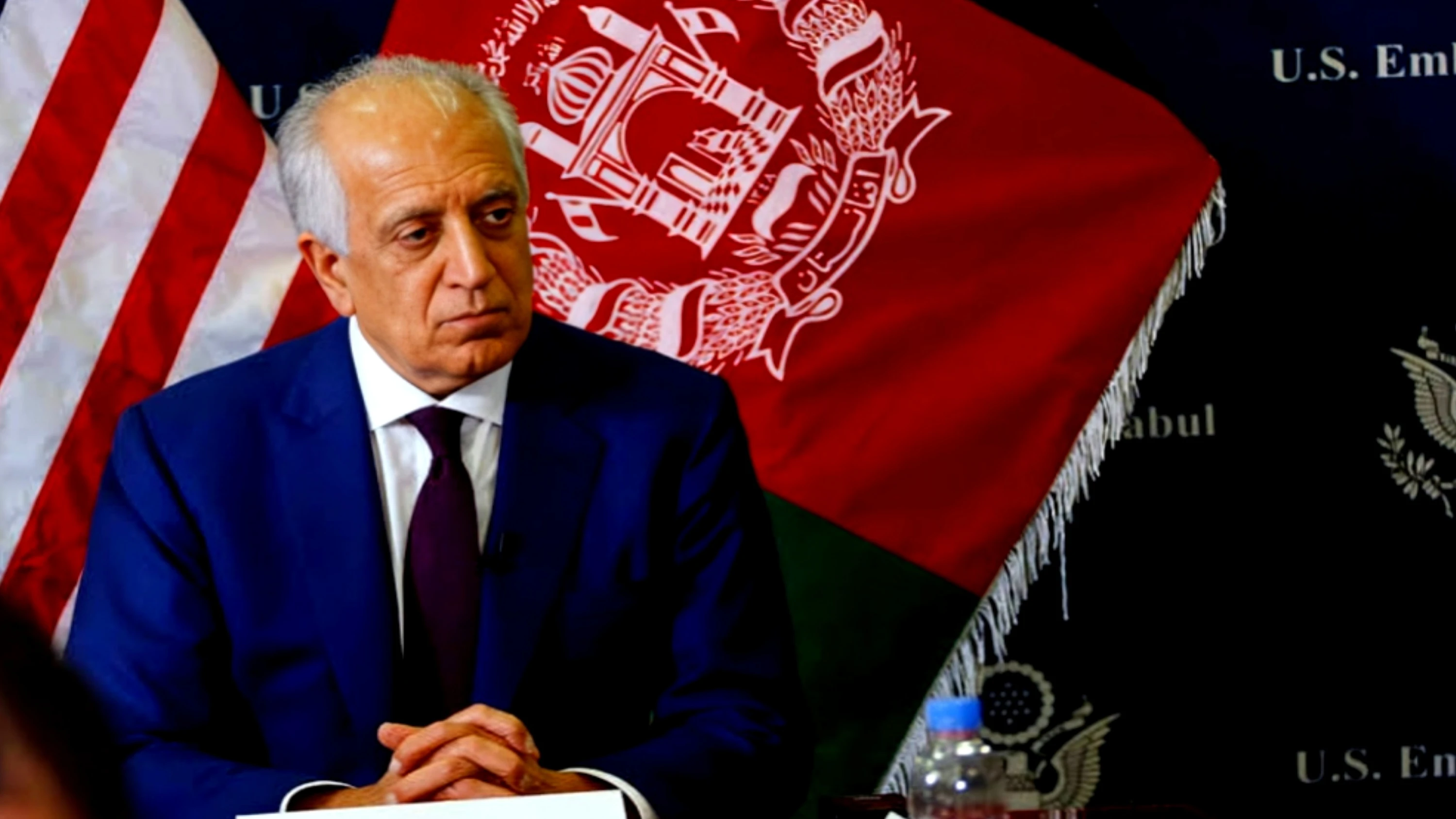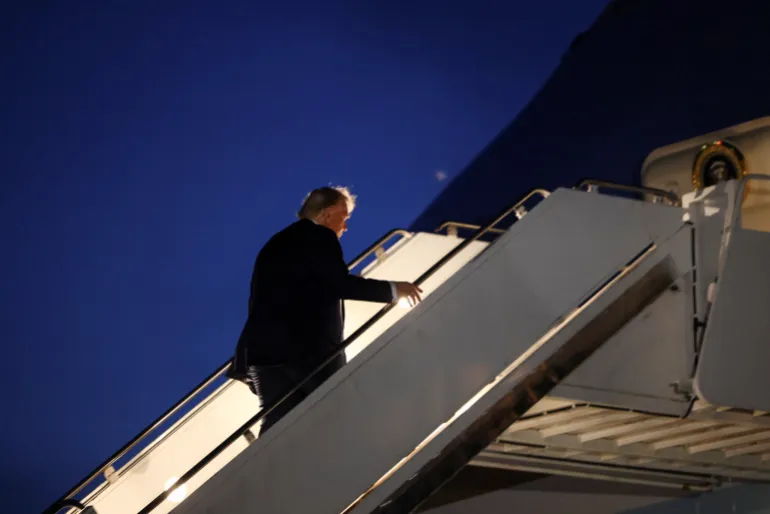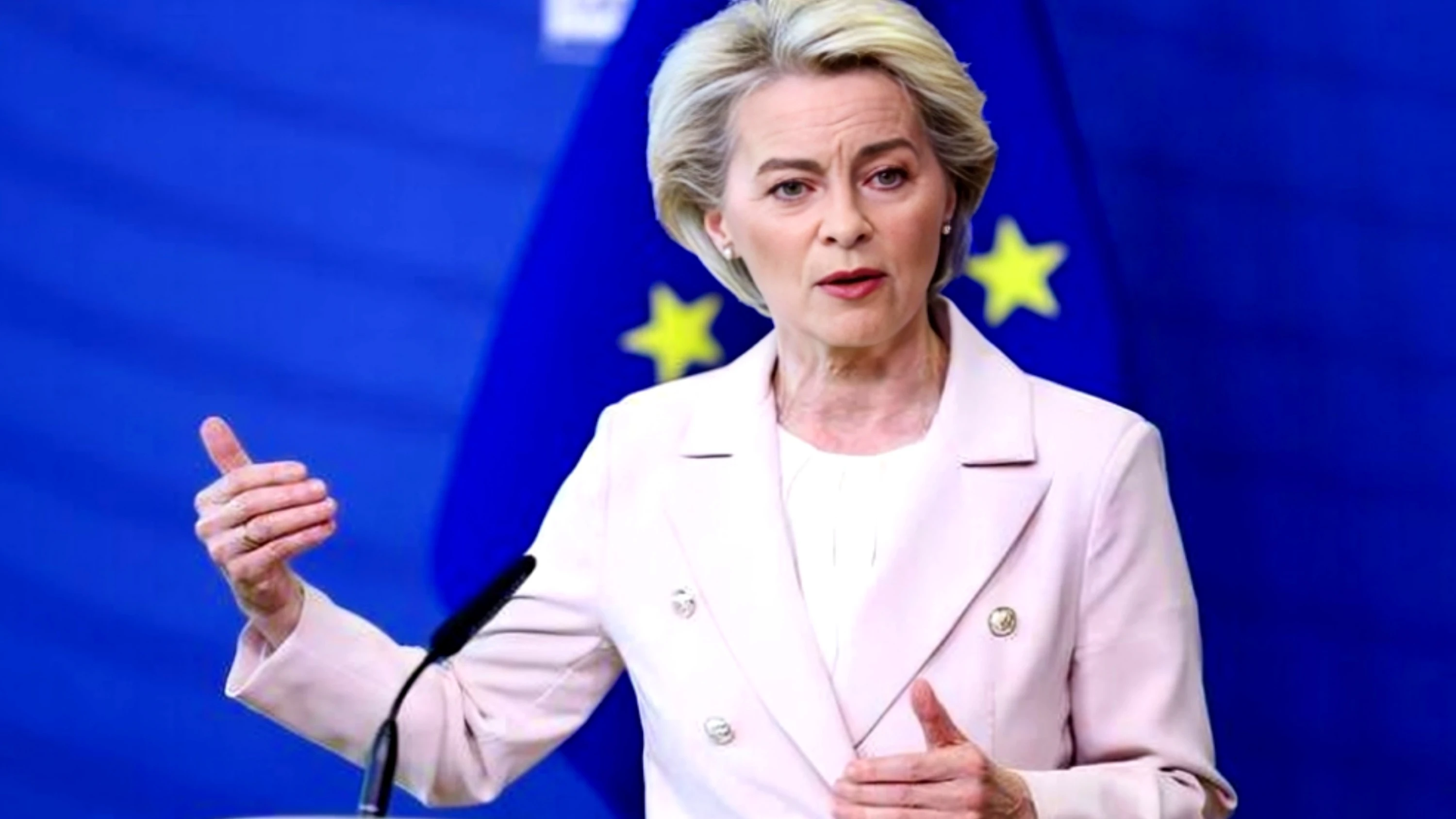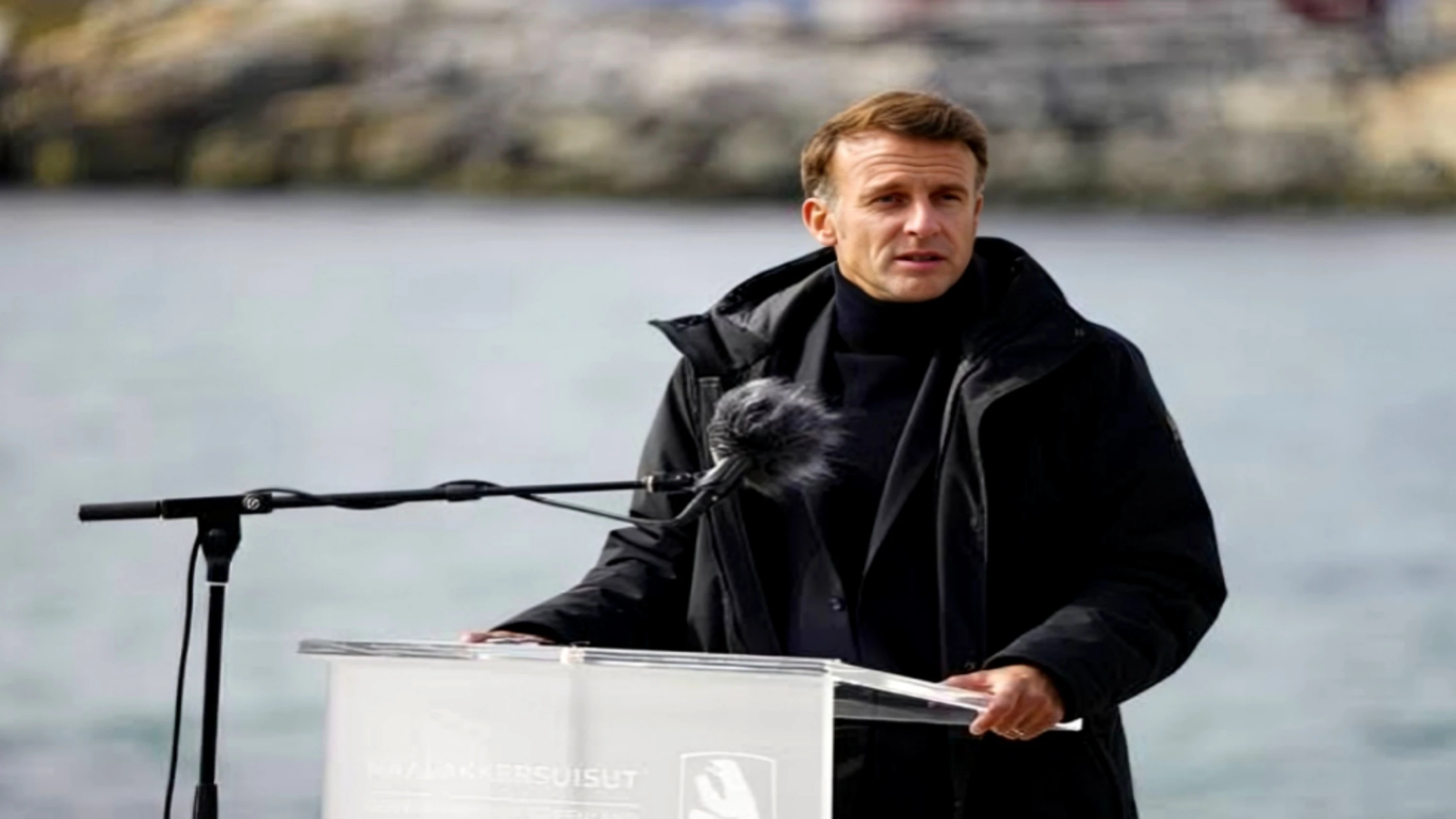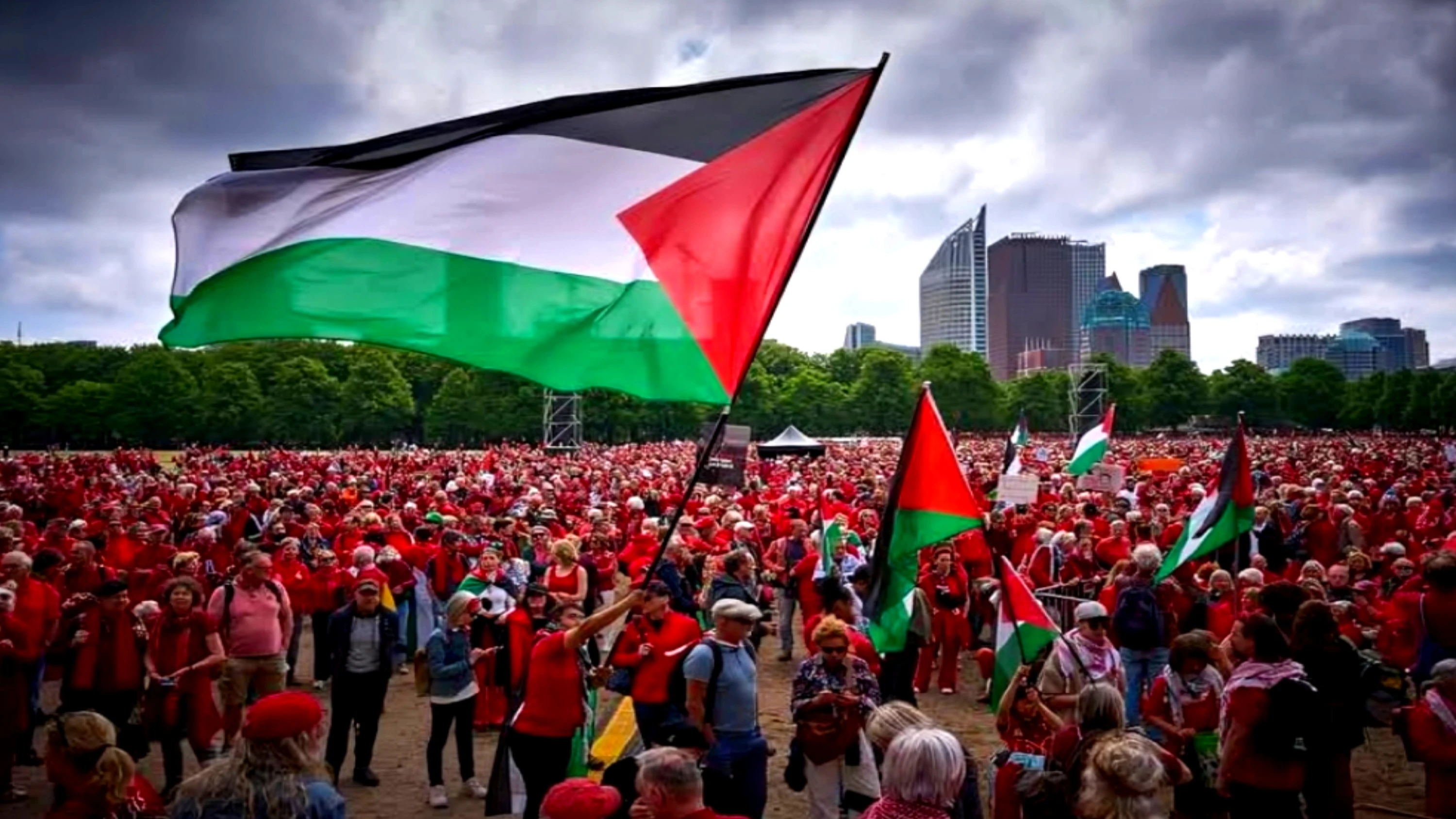Kabul: As Pakistan continues the mass deportation of Afghan refugees, a joint session of the Afghanistan-Pakistan coordination committee, known as the Joint Coordination Committee (JCC), was held Wednesday in Kabul. According to Taliban officials, the meeting focused on resolving potential border disputes along the Durand Line and creating facilitative measures for citizens on both sides.
Taliban spokesperson Zabihullah Mujahid announced on X that Pakistan’s delegation was led by Special Representative Mohammad Sadiq Khan, while the Afghan side was headed by Deputy Minister of Defense Mullah Abdul Qayyum Zakir. This marks the seventh JCC meeting, alternating between Islamabad and Kabul.
The meeting follows ongoing tensions over the treatment of Afghan returnees in Pakistan. The Taliban government recently raised concerns with Islamabad about alleged mistreatment of returning refugees by Pakistani police, including confiscation of property and detention of family members.
Afghanistan’s acting Foreign Minister Amir Khan Muttaqi met with Pakistan’s chargé d'affaires, Ubaid ur Rehman Nizamani, in Kabul and criticized the behavior of certain Pakistani authorities toward Afghan migrants. Muttaqi labeled the actions “provocative” and “harmful to bilateral relations,” urging a change in approach.
Some deported Afghans say that due to the loss of property or separation from family during deportation, they are ineligible for support from aid organizations like the UN, which provide assistance to verified returnees.
The pace of deportations has increased, with over 30,000 Afghans returned from Pakistan between April 1 and April 12 alone. On April 12, more than 6,500 people were deported in a single day.
The visit of Pakistan’s Special Envoy Sadiq Khan coincides with remarks from Zalmay Khalilzad, former U.S. special representative for Afghan peace, who warned that Pakistan might use the deportations as cover to send Islamic State (ISIS) fighters into Afghanistan. Khalilzad expressed these concerns on X on April 16, citing informed sources.
Just days earlier, Pakistan’s Prime Minister, speaking in London, urged Afghanistan to “quickly restrain militant groups” and ensure its territory is not used for cross-border attacks. He alleged that groups like Tehrik-i-Taliban Pakistan (TTP) and ISIS-K are operating from Afghan soil—a claim the Taliban vehemently denies.
Taliban spokespersons have repeatedly rejected accusations of harboring militants and have called on Pakistan to take responsibility for its own internal security issues instead of blaming Afghanistan.
Since April 1, 2025, Pakistan has begun deporting Afghan refugees holding Afghan Citizen Cards (ACC). This follows an earlier phase launched in November 2023, during which around 800,000 Afghans were deported, some forcibly.
In February 2025, Pakistan's federal cabinet decided that ACC cardholders would be deported starting April 1, and those holding Proof of Registration (PoR) cards would be deported from July 1 onward.
Amid these developments, the International Organization for Migration (IOM) announced it has provided assistance to one million Afghan returnees affected by the latest wave of forced deportations from Pakistan and Iran. In a statement, IOM reported that nearly 60,000 individuals crossed back into Afghanistan through Torkham and Spin Boldak during the first two weeks of April alone, with over 10,000 receiving aid.
IOM estimates that 1.6 million undocumented Afghan refugees and ACC cardholders could be affected by the Pakistani deportation campaign. Since September 2023, more than 2.43 million Afghans have returned from Pakistan and Iran—over half of them forcibly. IOM says it has provided emergency humanitarian aid to over one million of these returnees.
Miahyang Park, IOM Chief of Mission in Afghanistan, emphasized the organization’s commitment: “Reaching one million people reflects IOM and its partners’ capacity and dedication to supporting Afghans returning to a country with few or no resources.”
Park further noted that the needs in border regions and return areas are rising rapidly, and she renewed the call for all countries to halt forced deportations until conditions for safe and voluntary returns are secured.


